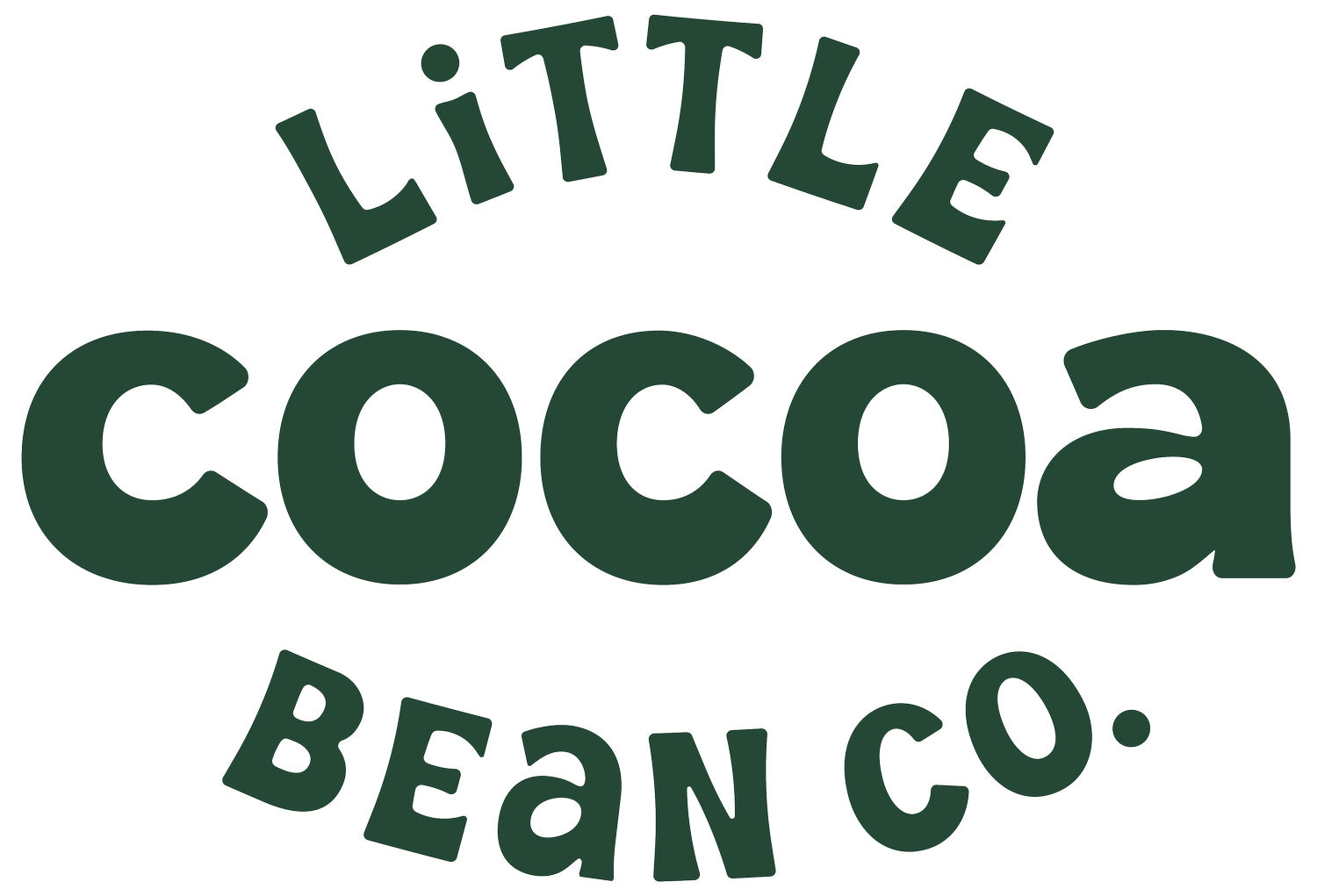Starting with a Strong Nutritional Foundation
Good nutrition throughout the first 1,000 days helps lay the foundation for a child’s future health well into adulthood. There is a growing body of evidence that shows that a person’s lifelong health including his predisposition to obesity and other chronic diseases is shaped by how well he is nourished in utero and during his early years as well as by other experiences.
Emerging research also indicates that the effects of poor nutrition early in life impact not only a child’s health but also that of the child’s offspring. In this way, the damaging effects caused by poor nutrition in early life have the potential to cascade down through generations of children and lock families into a cycle of poor health.
A healthy baby starts with a healthy mother.
Pregnancy is a time when babies start to develop food preferences, setting them on a trajectory for either healthy or unhealthy eating habits. What a mother eats during pregnancy influences her child’s preferences for certain foods as flavors from mom’s diet get introduced to baby via the amniotic fluid. For example, one study demonstrated that 6 month old infants were more likely to eat carrot-flavored cereal and less likely to express distaste when their mothers regularly drank carrot juice during the last trimester of pregnancy or the first 3 months of breast- feeding.
The rate at which a mother gains weight during her pregnancy also has a powerful influence on her child’s lifelong health. There is a “goldilocks zone” for optimal weight gain during pregnancy, not too little and not too much, that helps ensure that babies develop on a healthy growth trajectory. A compelling body of evidence suggests that the origins of childhood obesity can be found in pregnancy. Researchers have found that high weight gain during pregnancy consistently and significantly increased the risk of childhood overweight and obesity.

